国際教育
The 6th Global Applied Economics Forum at Jagiellonian University, Kraków, Poland
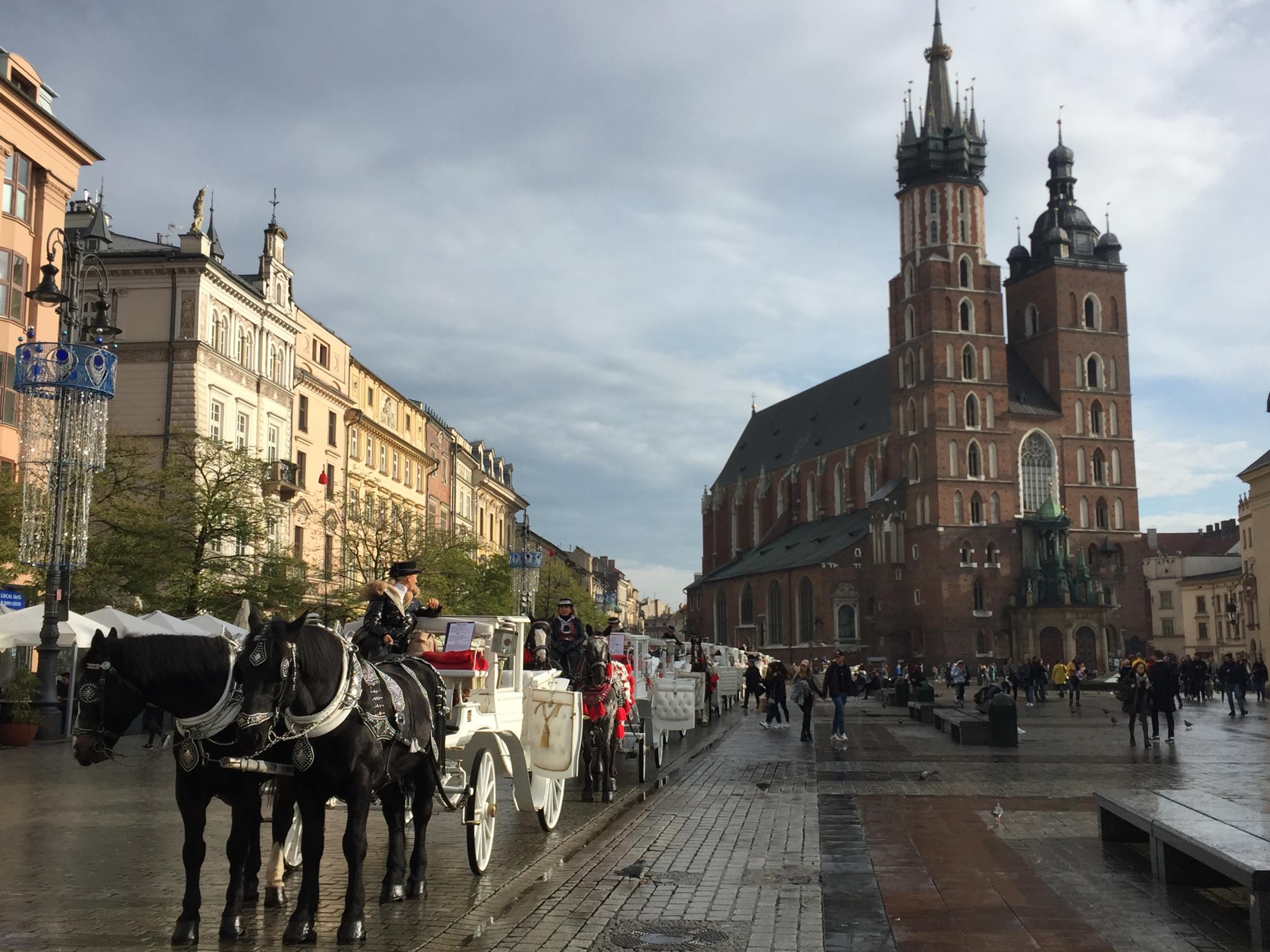
On November 12, the 6th Global Applied Economics Forum (GAEF) began in Krakow, Poland. This year the host institution was Jagiellonian University, a venerable European institution with a history dating back to 1364. The YNU cohort visited the Department of Japanology and Sinology to carry out presentations and discussion on the theme of ‘Taboos.’
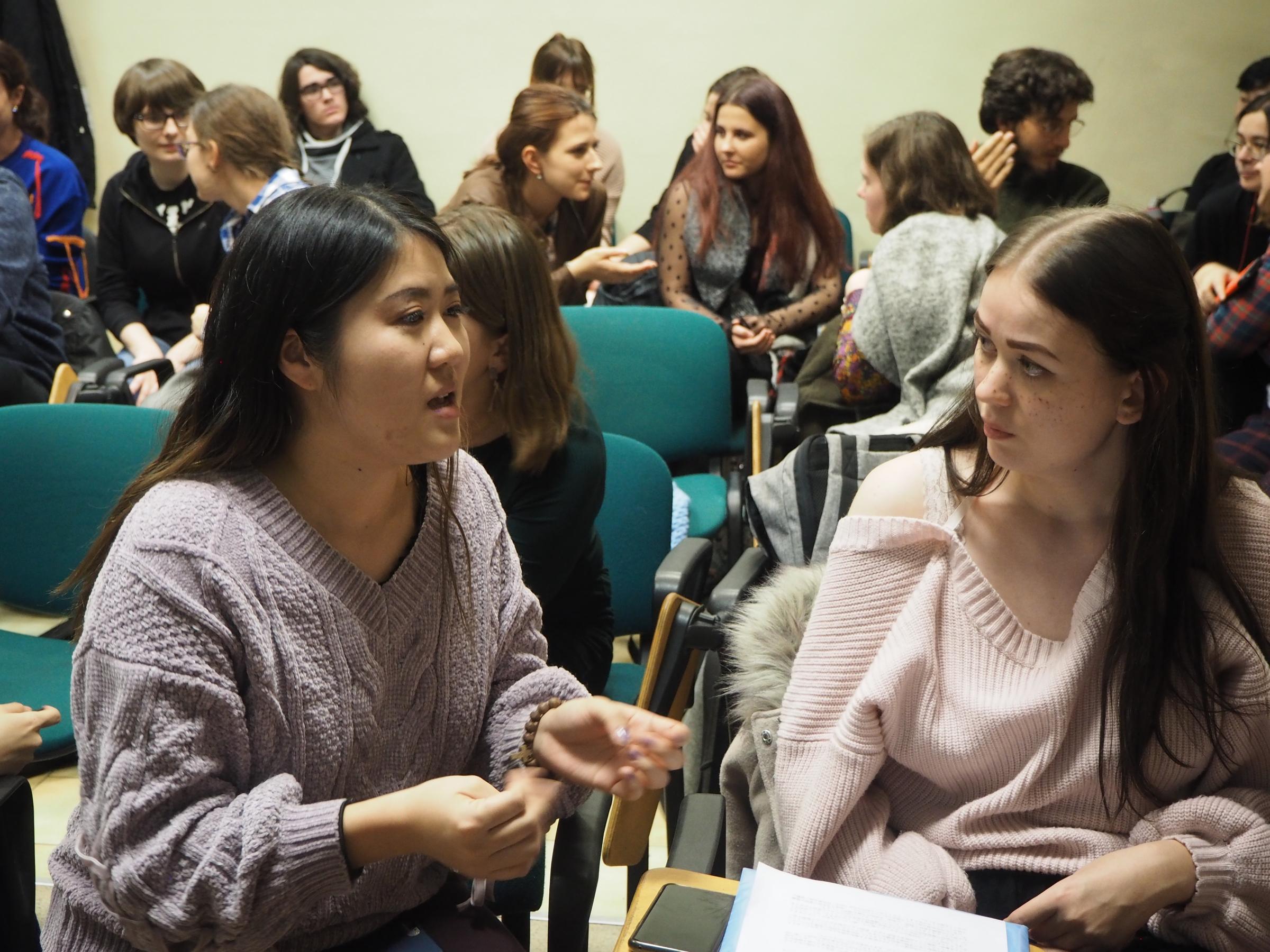
The YNU cohort gave two presentations. The first looked at Japan’s changing attitude towards tattoos, outlining the historical context, one largely of ‘acceptance,’ through to the modern associations with criminality and deviance. The economic aspect was highlighted by the recent boom in tattooing overseas, meaning many tourists and sojourners coming to Japan are running up against the ban on visible tattoos in onsen, gyms and bathhouses. This presentation was followed by a lengthy discussion as many of the Polish students – and one professor – had tattoos, and questioned the current situation in Japan.
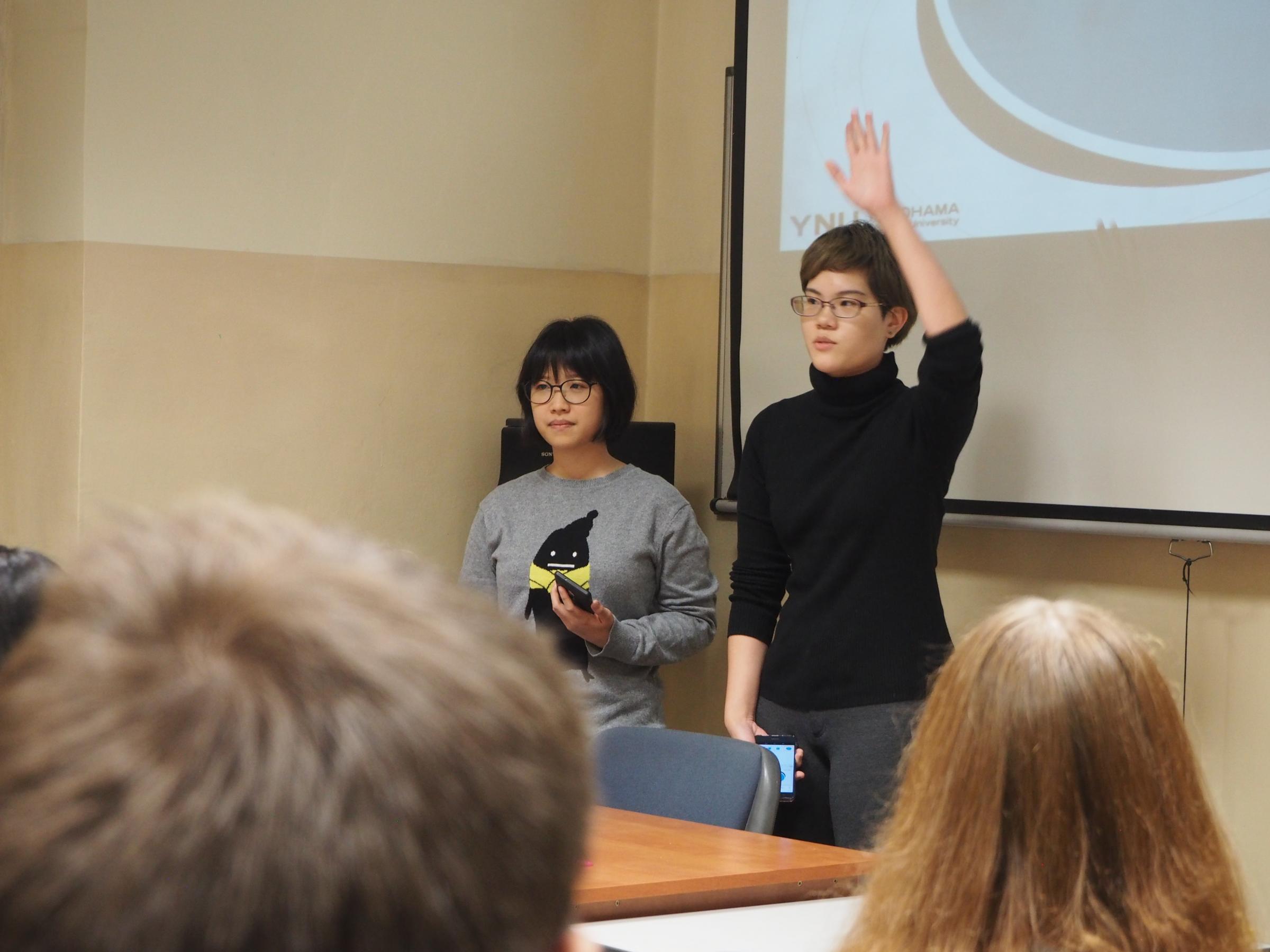
The second YNU presentation was on etiquette on Japanese public transport, particularly trains. The students introduced rules and regulations on speaking on the phone, lining up in the proper place on the platform, and how to carry your backpack. The discussion on ‘Women Only’ cars proved a useful bridge to the presentations by the Jagiellonian students.
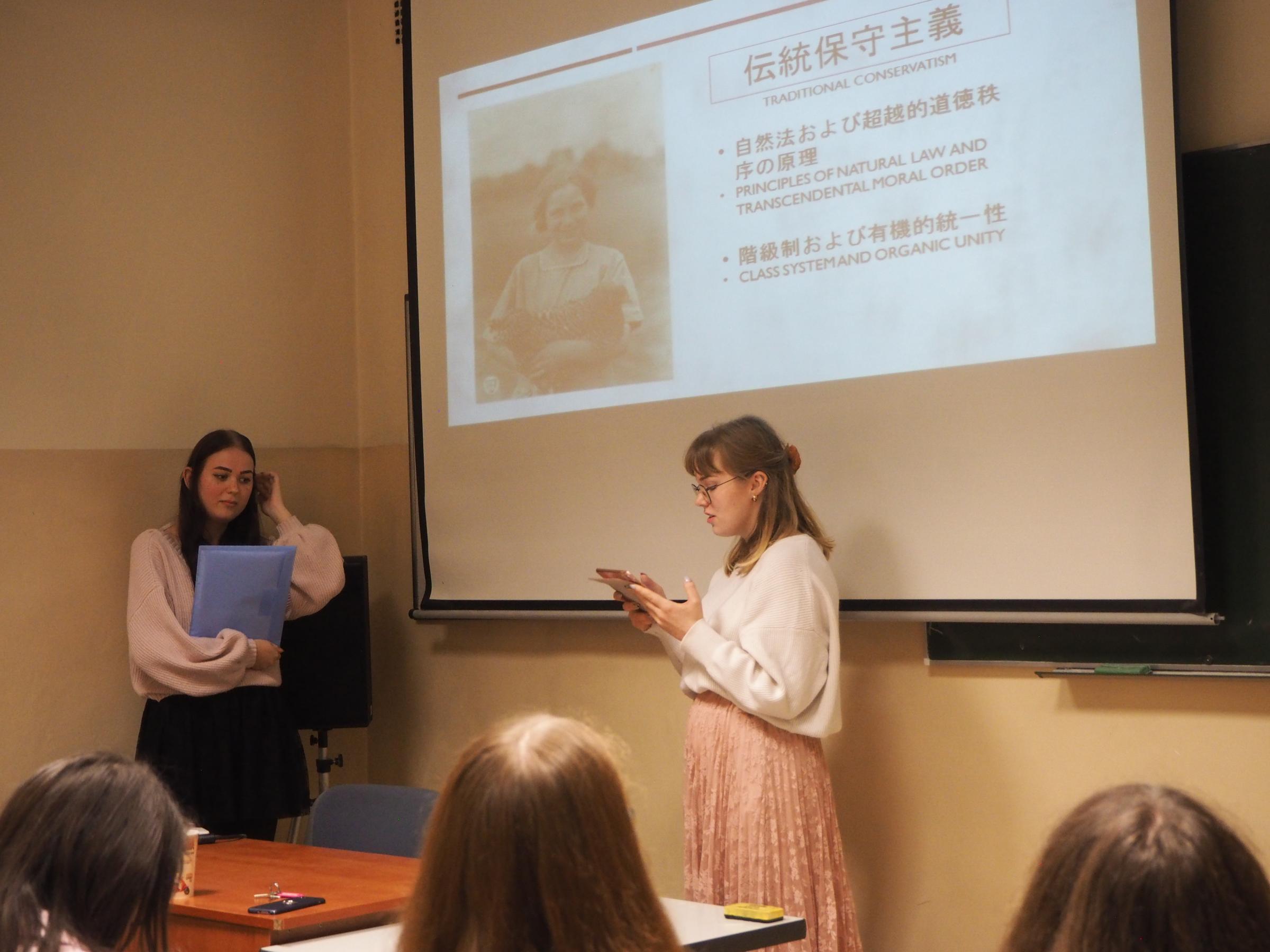
The first of two presentations by the Polish students compared women’s situation in Japan and Poland. This was an extensive sociological survey covering such topics as maternity leave, abortion, and employment figures. The second presentation, on politics and religion, partly focused on the role of the Catholic church in Poland, a topic the Japanese students were curious to know more about. With such a broad range of topics the discussion was free-flowing, offering many points of cultural insight on both Japan and Poland.
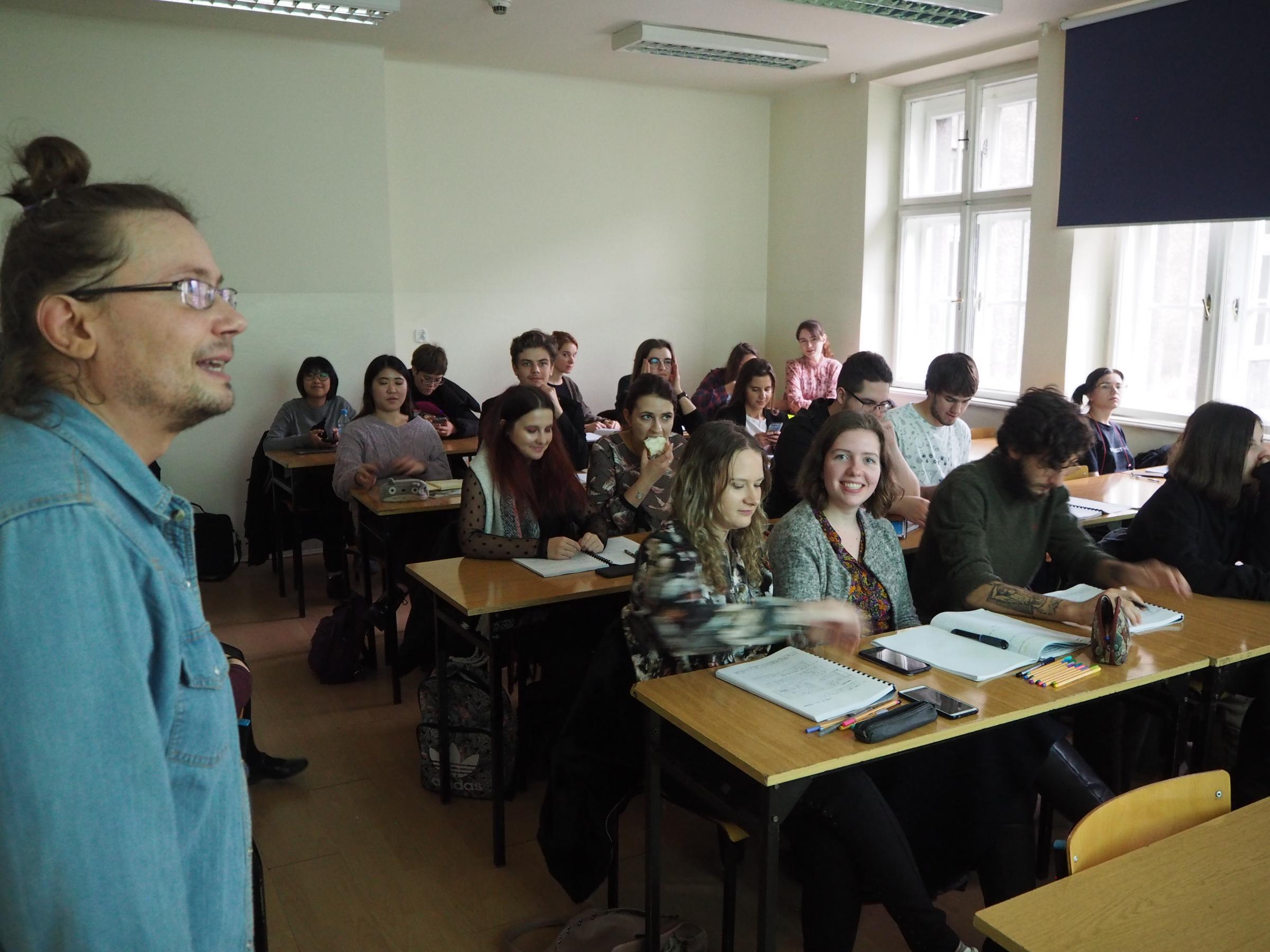
Beyond the main sessions of the Forum, YNU students could participate in various classes at Jagiellonian University. They audited classes on Japanese language and culture offered by Professor Patrycia Duc-Harada, Professor Stanisław Meyer, and Professor Bartosz Wojciechowski, covering topics such as literature, politics and Japanese language use in practice. Socially, the students were able to enjoy traditional Polish fare after the Forum session in a restaurant close to the university. The Jagiellonian students also conducted cultural and historical tours of Krakow, mixing Japanese, Polish and English in authentic cross-cultural communication.
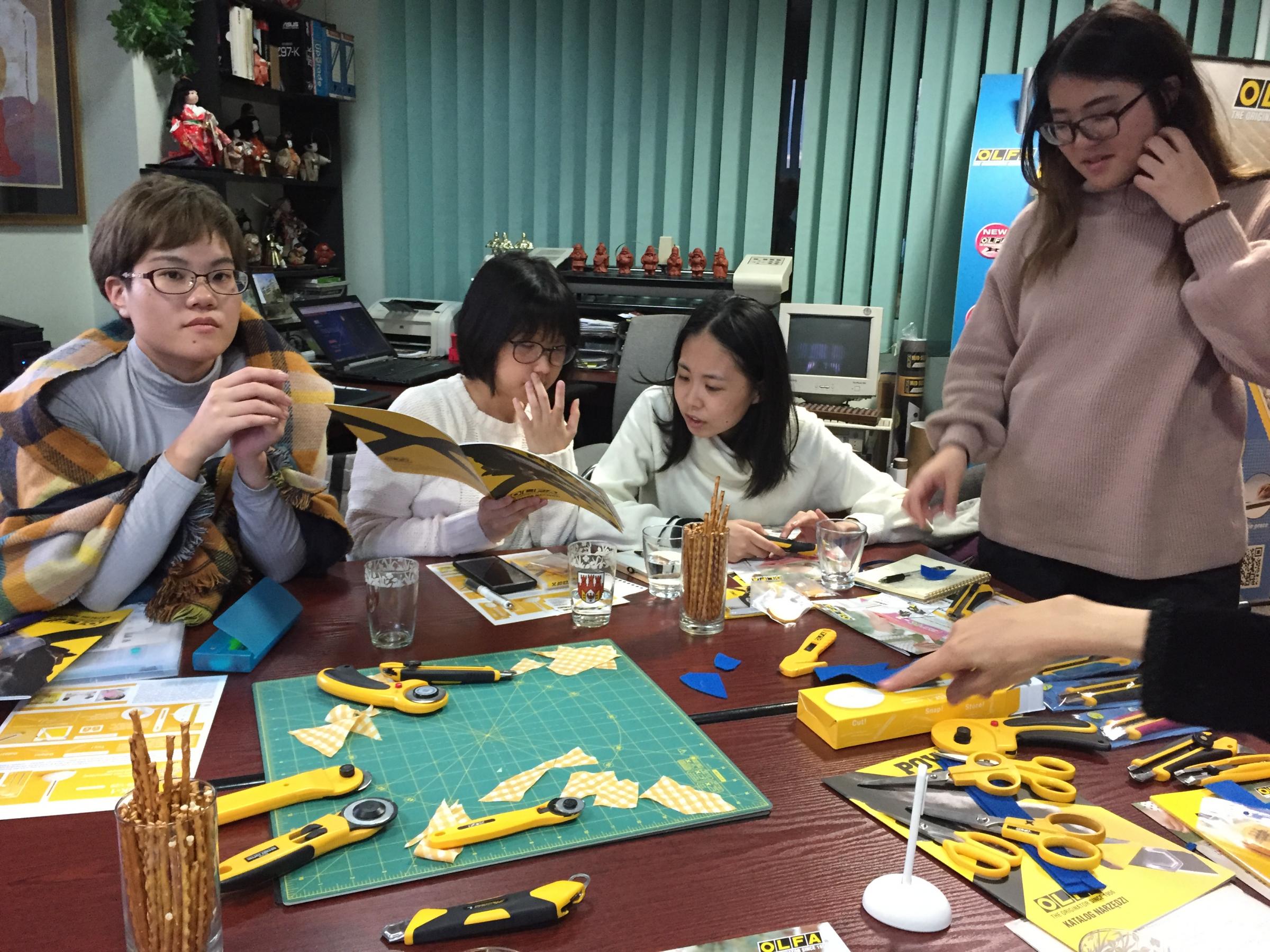
GAEF always includes visits to companies and local government bodies, as well as cultural and academic activities. The 2019 program began with a visit to the company headquarters of OLFA, the company responsible for the world’s first cut-off blade cutter. Jacek Wrobel, the co-founder of KOMA, the company who function as agents for OLFA in Poland, outlined the history of the company and the day-today functioning of the office. His thoughtful perspective on Europeans doing business with the Japanese was sage advice that the YNU students would do well to remember in their careers.
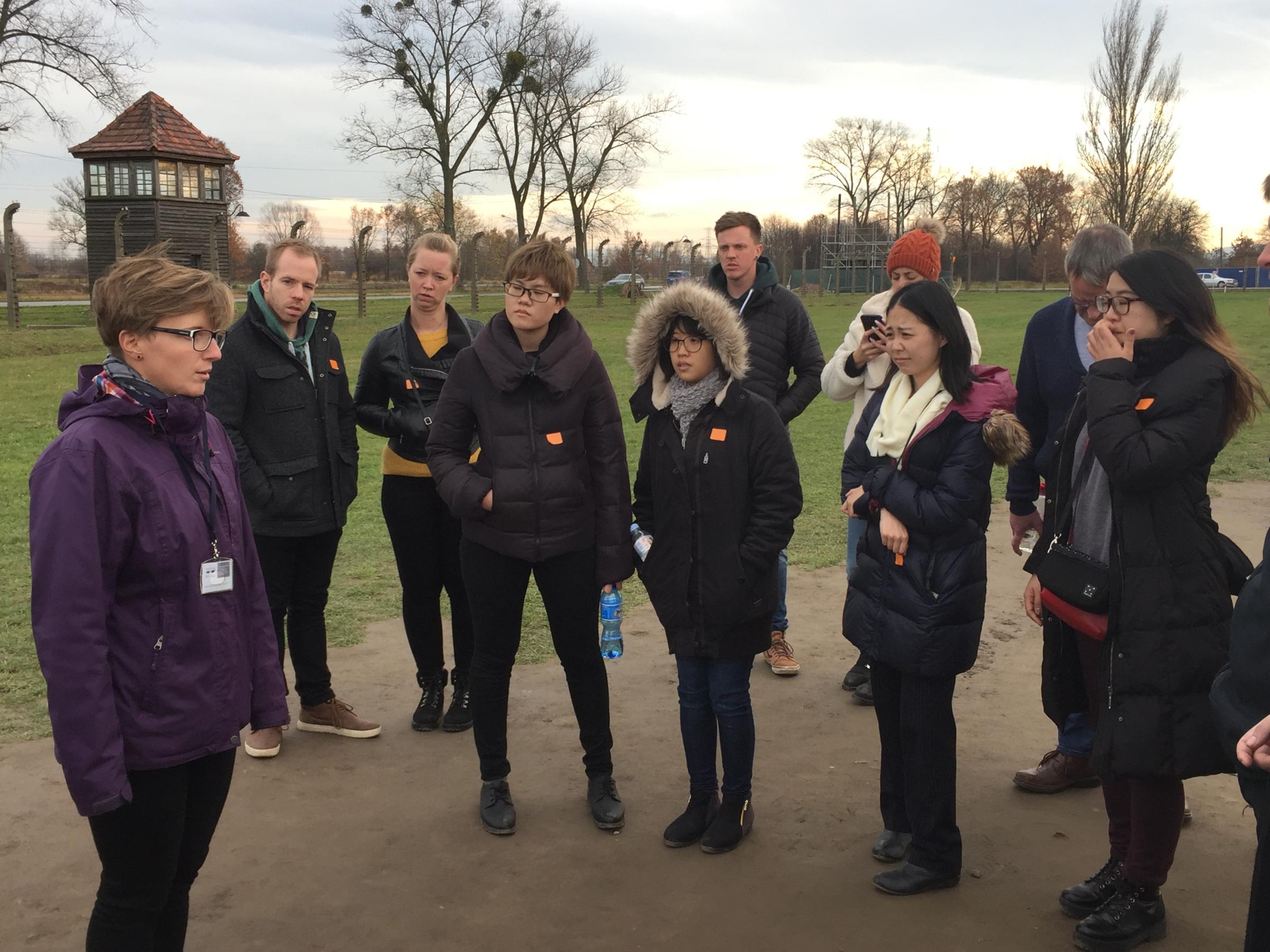
GAEF 2019 included two fieldtrips. The first, to Auschwitz-Birkenau, was a sobering experience that will stay with everyone for the rest of their lives. At the beginning of this tour, participants read the words of George Santanya: “Those who cannot remember the past are condemned to repeat it.” This introduced the theme that was threaded throughout the tour – never forget.
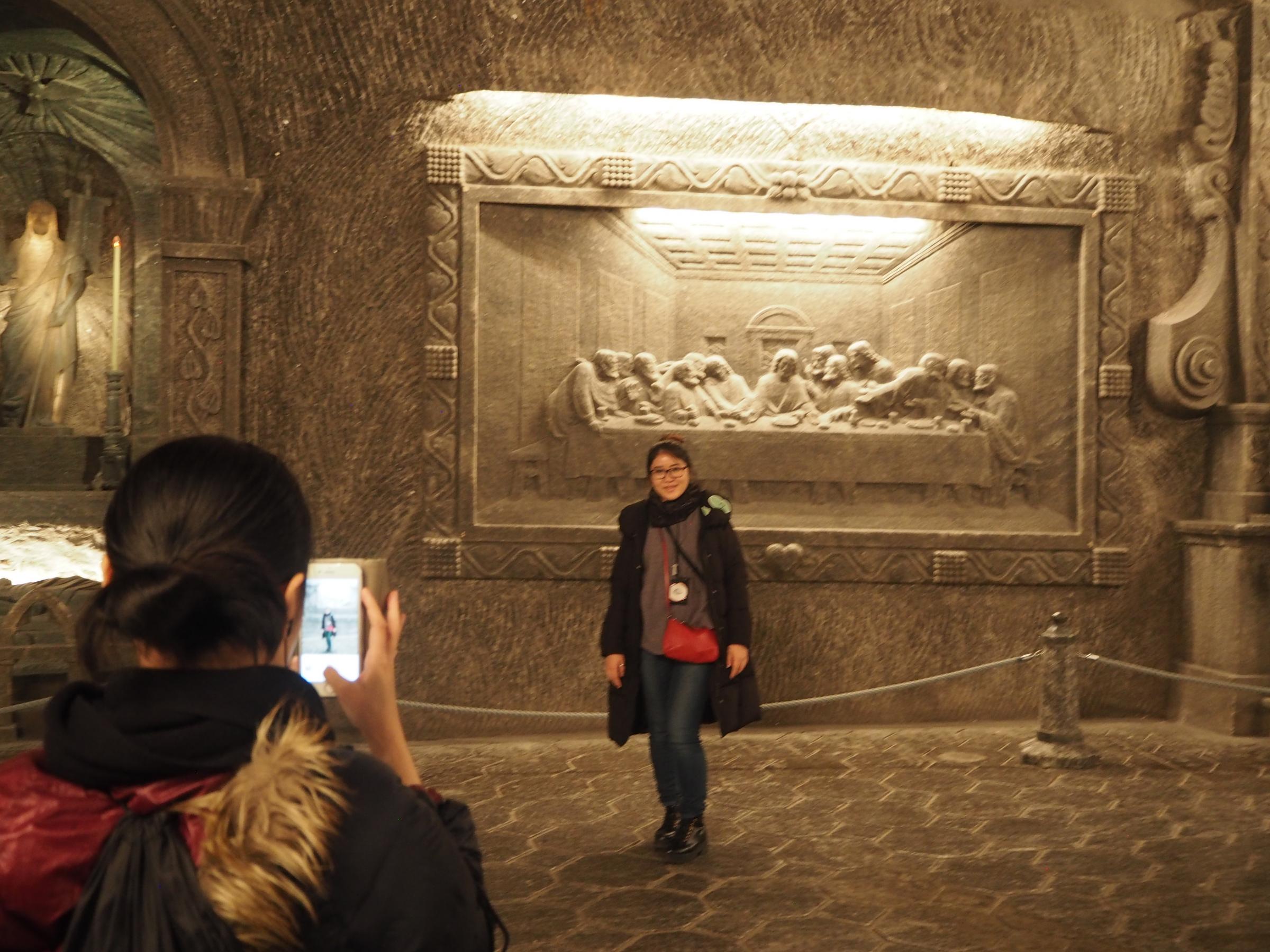
The second fieldtrip was to the Wieliczka Salt Mine, a mine that is an integral part of Krakow’s development and history. This well-kept facility, first excavated in the 13th century, is vast, and the tour only covers 1% of the total area of the mine. The YNU cohort walked down stairs to 135 meters below the surface. As well as the economic facts and figures about the mine, they were able to view impressive salt chapels and statues, and hear mythic tales related to the mine’s history. The 40-second elevator ride back to the surface was a thrilling experience.
GAEF was a great success thanks to the effort, preparation and hospitality extended by our colleagues at Jagiellonian University. Our gratitude goes out to Professor Patrycja Duc-Harada and her colleagues who worked so hard to accommodate us. We hope to see them at YNU at some time in the near future.
Designed in principle to be the final short-visit Study Abroad experience for Economics students, GAEF offers intensity and a mix of academic and business activities, functioning as a bridge to careers in globalized workplaces for YNU students, encouraging them to be bring creative solutions in leadership roles in multicultural, multilingual workplaces. Since the inaugural GAEF in 2013, the program has carried out projects in Melbourne, Houston, Stockholm, Washington DC, and now Krakow. If funding allows, GAEF 2020 will visit Sydney, Australia.

